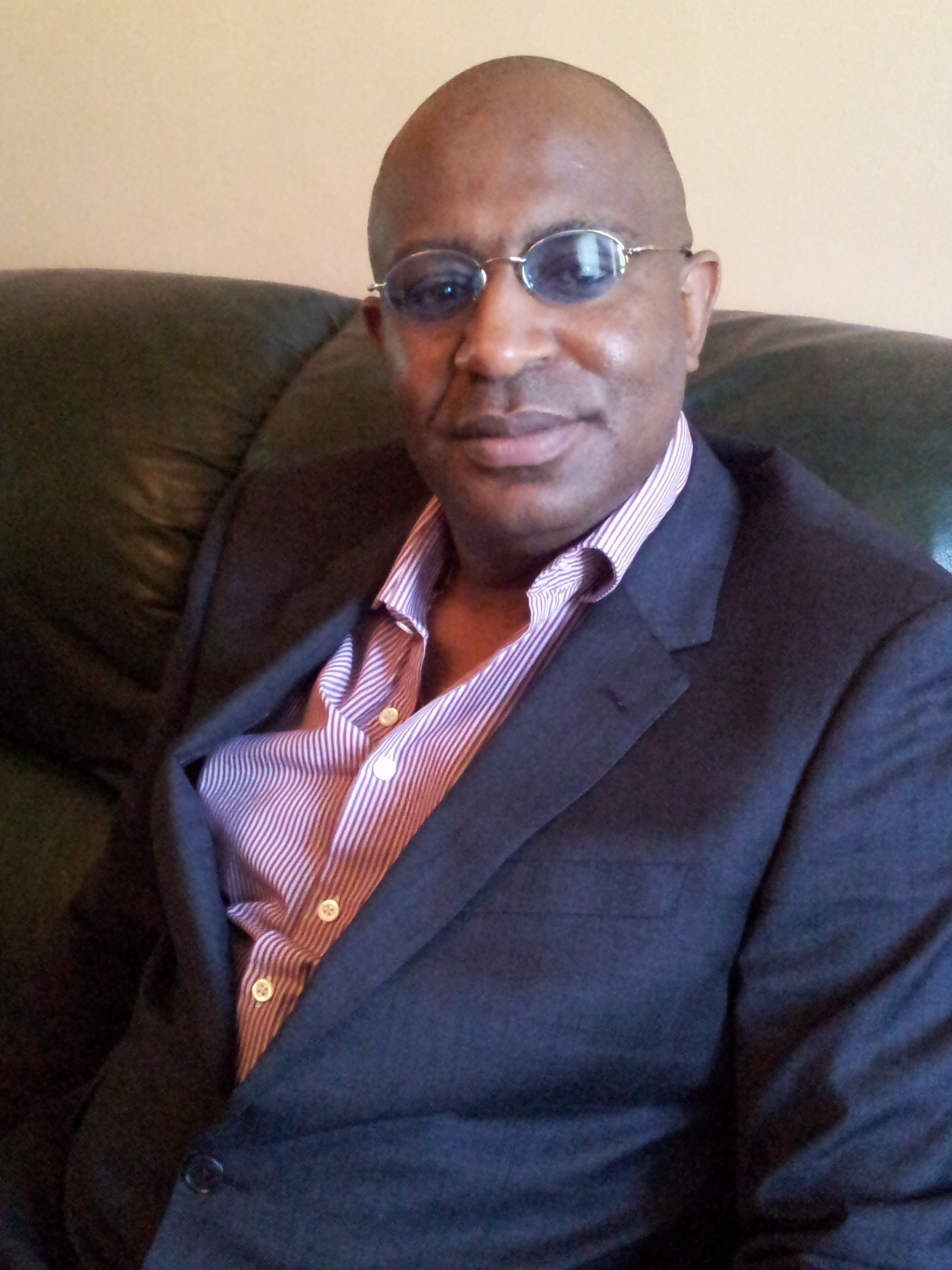
By Lawrence Chinedu Nwobu
The current travails and dilemma of ex-president Olusegun Obasanjo would constitute a classic study for historians and politicians on how not to be a failed leader for many years to come. More than any other president in Nigeria’s history, Olusegun Obasanjo came to power with immense goodwill, popularity and expectations never before vested in any leader. After long years of malevolent, rapacious, destructive and crassly corrupt military rule under the jackboots of beastly characters like General Ibrahim Babangida and General Sanni Abacha, culminating in the cancellation of the June 12 elections and the gruesome cold-blooded murder of Chief MKO Abiola, Olusegun Obasanjo was suddenly thrown into the equation by a political need to pacify the West in the aftermath of both the annulled elections and Chief Abiola’s gruesome murder.
Olusegun Obasanjo was seen by Northern power brokers who have come to believe that political power in Nigeria is their birthright as “the only man they can trust” not to rock the boat. Thus, he was recycled from prison where he had been consigned to his fate by the Abacha junta and literally given the presidency on a platter of gold. But beyond the selfish political calculations of the North, both the international community and the generality of Nigerians vested much hope of a renaissance in an Obasanjo presidency for 3 major reasons. Firstly, he had hitherto been a military head of state who made history by becoming the first African military ruler to relinquish power voluntarily (many now believe he had no choice) and it was assumed that his second coming with the acquired experience would place him in good stead to tackle the hydra-headed problems of a deeply distressed nation.
Secondly, having spent time in prison, Nigerians assumed that a former president who has had the humbling experience of being a victim of injustice and spending time in jail would better appreciate the many injustices and sufferings of the Nigerian masses. Thirdly, he had spent all his time in retirement as an elder statesman and social critic constituting a thorn in the flesh of various military regimes. He was also a notable member of various international forums for human rights and democracy. These formidable credentials naturally made many to see in him a reincarnation of Nelson Mandela.
But such hopes of significant change were dashed soon after he came to power.The first term of his regime was a total disaster both on the economic, social and political fronts. On the social front, ethno-religious riots sparked of by the introduction of Sharia in some Northern states consumed thousands of lives.The Economic front witnessed a total stagnation and in spite of the added luck of an oil boom, infrastructure remained comatose. On the political front, a truth and reconciliation commission was set up with so much noise, but ended up a fake political stunt which was never intended to serve any purpose. The early signs of a power drunk, brutal, vindictive and unforgiving despot also increasingly became manifest, as Obasanjo struggled to wrest total control of the Senate and party machinery resulting in an unusually high turn over rates of senate presidents and party chairmen of the ruling party.
Crimes Against Humanity:
Rather than constitute the healing and reconciliation process that Nigerians had long yearned for, the Obasanjo administration broke all known records in the flagrant abuse of human rights by sending troops to Odi, and Zaki-biam where whole communities including women and children were wiped out. Women were serially raped and brutally murdered; children were killed in cold blood. The communities were totally razed to the ground with thousands of casualties.Several other communities witnessed attacks and extra-judicial killings from the security forces albeit on a smaller scale in the course of the Obasanjo administration. The police became particularly lawless and notorious to the extent that the execution of innocent people for 20 Naira became routine. Ironically, the extent of both the non-existence of the rule of law (disregard of court orders) and bloodletting by the police and armed forces under theObasanjo administration significantly surpassed even the worst military regimes.
Massive Corruption:
Though the Obasanjo administration set up the EFCC purportedly to fight corruption, it became obvious that the outfit was a red herring meant to deceive and hoodwink the public into believing there are genuine efforts to fight corruption, while in reality the outfit was only useful in harassing the opponents of the administration. Going by the reports of monumental corruption in the Nigerian ports authority, the revelation of an expenditure of an upgraded figure of $16 billion on the power sector by Mr Dimeji Bankole,speaker of the house of representatives with nothing to show for it, the expenditure of 950 billion Naira about $8billion on non existent roads, the 419 affair of Obasanjo’s daughter who signed a contract with Schneider worth billions of Naira with a fake name, the shoddy privatisation of public institutions, the yet to be revealed monumental corruption in the NNPC, oil industry and other core sectors awash with cash as a result of 8years of unprecedented oil boom, there is proof beyond all reasonable doubts that the regime will rank as the most corrupt so far in Nigeria’s turbulent history.
Unemployment and Total Absence of Infrastructure:
For a regime that was blessed with the longest running and unprecedented levels of oil boom, the total absence of infrastructure in all critical areas is a shocking indictment of the corruption and legendary failings of theOlusegun Obasanjo regime. 8 years after with so much abundance of petro-dollars, the roads are death traps, hospitals are dysfunctional, education has collapsed, electricity is epileptic, pipe borne water is non-existent, pensioners are starved of their hard earned entitlements. With more than 50% and 20 million unemployed army of restive youths who throng the streets on a daily basis, Obasanjo’s Nigeria literally became a jungle of poverty and death.
Ethnic Relations, And Constitutional Reforms:
The stillborn Nigerian nation has been so much abused and bastardised by inter-ethnic conflicts and power struggle to the extent that a bloody and unnecessary civil-war was fought between 1967 and 1970. The end of the war did not end the contradictions that led to it in the first place. Thus, Nigeria has remained a geographical expression in search of nationhood leading to the proliferation of ethnic militias and secessionist groups. With deafening noises and accusations of injustice, marginalization and ethnic domination coupled with a lopsided unitary structure, there were expectations that the Obasanjo administration would supervise far reaching constitutional reforms to usher in a balanced structure and a true federal system. But once again Nigerians were hoodwinked into a constitutional exercise that turned out to be a self serving ploy with the sole purpose of securing a third term. In the end, the lack of genuine constitutional reforms to usher in a balanced and harmonious Nigeria has only served to postpone the evil day, and added to the string of failures of the Obasanjo administration.
Godfatherism, Democracy and Transition:
It is no secret, that in what was openly branded a “do or die” affair, the Obasanjo administration has succeeded in defeating all known records by organising an election qualified to be included in the “Guinness book of records” as the worst elections in human history. From states, local governments to the federal level, votes were simply allocated to the “anointed” cronies of the Godfathers. Impunity, rascality and thuggery instigated by government backed Godfathers such as Chief Lamidi Adedibu and the Ubah brothers amongst others reached new heights and became a major hallmark and shameful legacy of the Obasanjo administration.
Conclusions:
In spite of the goodwill, and immense local and international support Obasanjo enjoyed at the inception of his regime, he ended up a vain, dictatorial and corrupt leader who was moved more by his love for absolute power, than by a need for real change capable of ushering in a true nation. In all the critical areas that touch on the basic fundamentals needed to advance the nation, his regime failed woefully even with an abundance of cash and goodwill.Out of power, he is now a lonely man orphaned and haunted by the many crimes and failings of his regime.
Lawrence Chinedu Nwobu, Email: lawrencenwobu@yahoo.com
